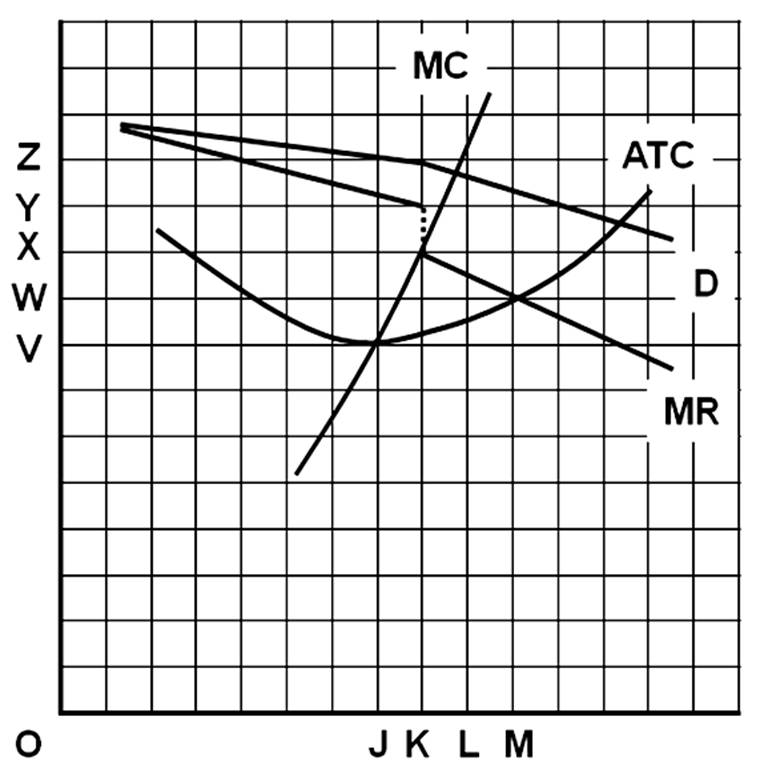An investor is trying to decide whether to put his funds into stocks or bonds. He expects rising interest rates over the next year and higher inflation. Your advice?
What will be an ideal response?
Bond prices fall as interest rates rise. For yield to rise to the higher interest rate, bond prices offered in secondary markets must decrease. Furthermore, higher inflation will reduce the real value of the principal. In this environment, bonds are a poor investment. These factors are not as critical for stock prices. Although not discussed in the text, stocks may be a good hedge against inflation since their nominal price may rise to maintain real price. Rising interest rates are generally not good for stock prices, but the link is not as strong as for bond prices.
You might also like to view...
In the figure above, if the minimum wage is $8 per hour, then
A) resources used in job-search activity increase compared to the situation before the minimum wage. B) it is legal to hire workers for a wage below the minimum wage because otherwise unemployment would result. C) the deadweight loss is minimized. D) Both answers A and B are correct. E) Both answers B and C are correct.
In 2007 ROA for banks in the United States stood at a little under __________ percent
A) one B) five C) eight D) twenty
This oligopolist is a ____.

A. cut-throat competitor making a profit
B. cut-throat competitor taking a loss
C. colluder making a profit
D. colluder taking a loss
Which of the following best describes how economists test the empirical predictions of economic models?
A. Economists collect and analyze real-world observations of people's actions to discern if those actions accord with theories' predictions. B. Economists survey individuals to learn about how people think through decisions about how much to purchase or to produce. C. Based on theories about thought processes, economists seek to determine which thought processes predominate in determining how a person decides what actions to take. D. Recognizing that people always do what they say they will do, economists rely exclusively on information gleaned from polls and surveys conducted by poll takers and market researchers.